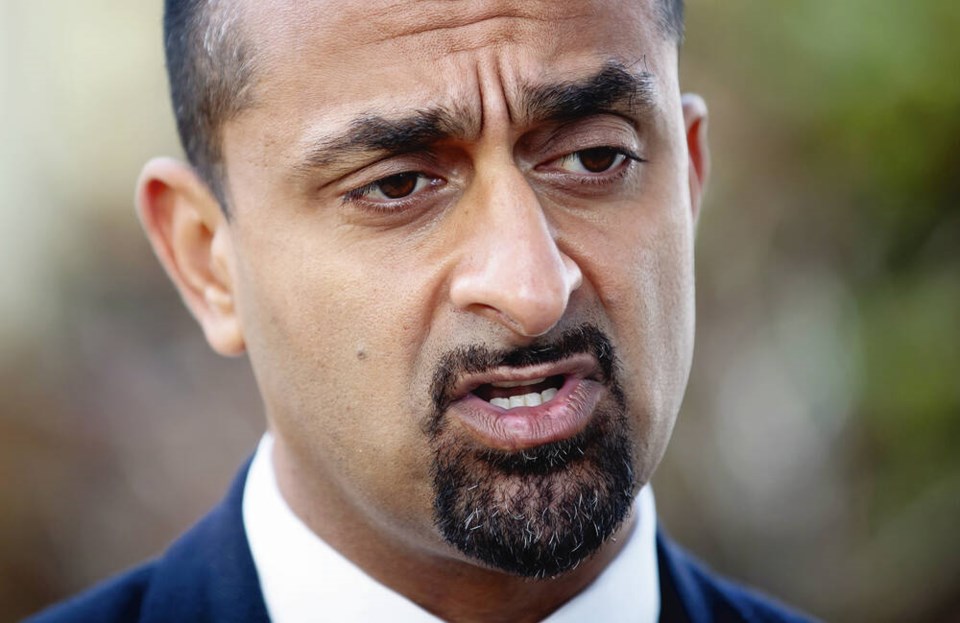A Cowichan Valley non-profit organization for people with developmental disabilities says some of its clients are homeless or “precariously housed,” a situation that would have been unthinkable five years ago.
Dominic Rockall, chief executive of the Clements Centre for Families, said seven of the approximately 200 adults the group serves are homeless and six others are in tenuous housing arrangements.
“It’s a new phenomenon we’re seeing,” said Rockall, calling it “truly alarming.”
He said the problem, which isn’t confined to the Cowichan Valley, is the result of the increasing cost and limited supply of housing.
Clements Centre for Families supports adults at differing levels of need, he said, with those with the highest needs in staffed group homes and not at risk of being homeless. Others are in “home share,” or adult foster care, where people are paid to house them.
It’s those who are able to live on their own and hold jobs who are running into trouble, Rockall said.
While teams from Clements work with independent clients two to four hours a week, providing budgeting help and employment programs, they’re subject to the challenges of being in the private housing market — which in Duncan means an average rent of $1,100 for a one-bedroom apartment, Rockall said.
Disability funding includes only up to $500 a month for housing, so the rest needs to come from sources like employment income.
“Some of these people, they can’t make their rent, they get evicted for one reason or another,” he said. “They can’t find another apartment and they end up on the street.”
They might also run into prejudice toward renting to them, Rockall said. “In one instance the property manager flatly said: ‘If you’re special needs we don’t want you living here,’ ” he said. “So there’s that sort of discrimination against people with disabilities.”
A long-term solution in terms of housing policy and the creation of more affordable housing is needed, Rockall said.
Housing Minister Ravi Kahlon said in a statement that the ministry recognizes people on income and disability assistance can face challenges due to inflation and a tight housing market.
“Outreach workers are connecting with people experiencing homelessness in the Cowichan Valley to ensure they’re aware of shelter spaces in the region and providing access to support services.”
He noted that the shelter rate increased this year for the first time since 2007, by $125 a month.
Kahlon said while he can’t provide information about individual cases, those with developmental disabilities who are experiencing homelessness are prioritized for housing by B.C. Housing. “Allocation of subsidized housing in B.C. is based on needs, not length of time on a wait-list.”
The speed at which a person receives an offer of accommodation is dependent on the needs of other applicants on the wait-list and housing availability in the region, Kahlon said, adding B.C. Housing staff connect with housing providers on an ongoing basis to assess active housing applications to “ensure people in desperate need are prioritized for housing immediately.”
Duncan Mayor Michelle Staples said more and more people are falling through cracks to the system. “You combine that with lack of affordability and lack of availability — it’s just sort of a perfect storm and now it’s starting to impact segments of the population that it hasn’t impacted before.”



